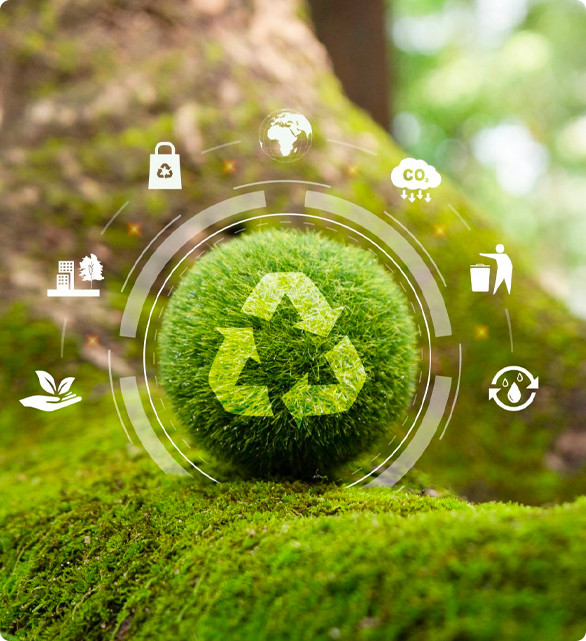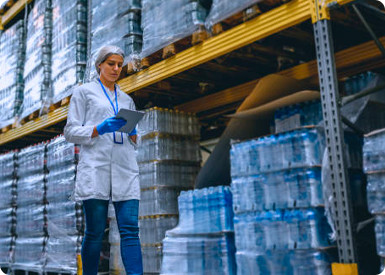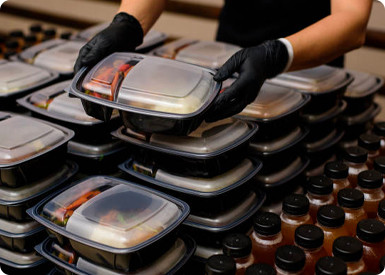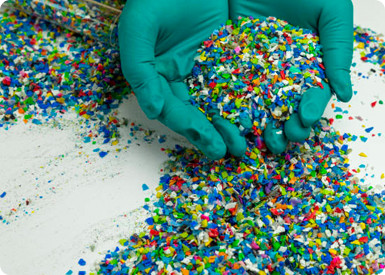![]()
Carbon Insetting Program Development
Experience
Our team has developed two carbon insetting programs and is currently developing others on behalf of private sector clients, including:
— Agricultural commodities: a program for a US corporation with operations across the US, securing sales of certified agricultural commodities into Canada and the US within the first 12 months.
— Sustainable plastics: ATOA Carbon has developed its own scope 3 emission reduction program, initially focused on sustainable plastics for the food and agricultural sectors. Within the first six months of inception, this program has seen sales of sustainable plastic packaging into the supply chain of major corporations, including Google and LinkedIn.
— Renewable fuels and enhanced efficiency fertilizers: we are developing an insetting program for a US corporation and its global institutional investment partner. This program focuses on renewable fuels and enhanced-efficiency fertilizers.
— Early Retirement of fossil fuel assets: we are currently developing an insetting program focusing on the early retirement of fossil fuel assets on behalf of private sector clients.


Capabilities
- Carbon offset program design, including project-level carbon offset accounting or insetting, and product-level or scope 3 emission reductions
- Program design, methodology development, third-party validation, and program implementation
ATOA Carbon – Sustainable Plastics
Insetting /Scope 3 Program

The team at ATOA Carbon is excited and honored to introduce you to our new ATOA Carbon – Insetting / Scope 3 / Supply Chain Program.

ATOA Carbon has worked with multiple industry experts and other stakeholders to develop a carbon insetting pilot program that is robust and transparent, and that will result in very meaningful improvements to our environment. The standard borrows heavily from long-standing carbon offset industry best practices to ensure the standard is best in class. Multiple layers of independent expert review ensure the highest possible levels of rigor. The standard combines ex-ante expert reports, ex-post third-party expert data analysis, and simple annual reporting, to provide user-friendly insights that can be relied upon for robust scope 1, scope 2 & scope 3 emission reductions.

A pilot project is currently underway. The first product that is being piloted is expected to reduce GHG’s associated with HDPE production by at least 20%, significantly reduce biodegradation timeline for the plastics, as well as significantly reducing acidification and the depletion of a-biotic resources.
